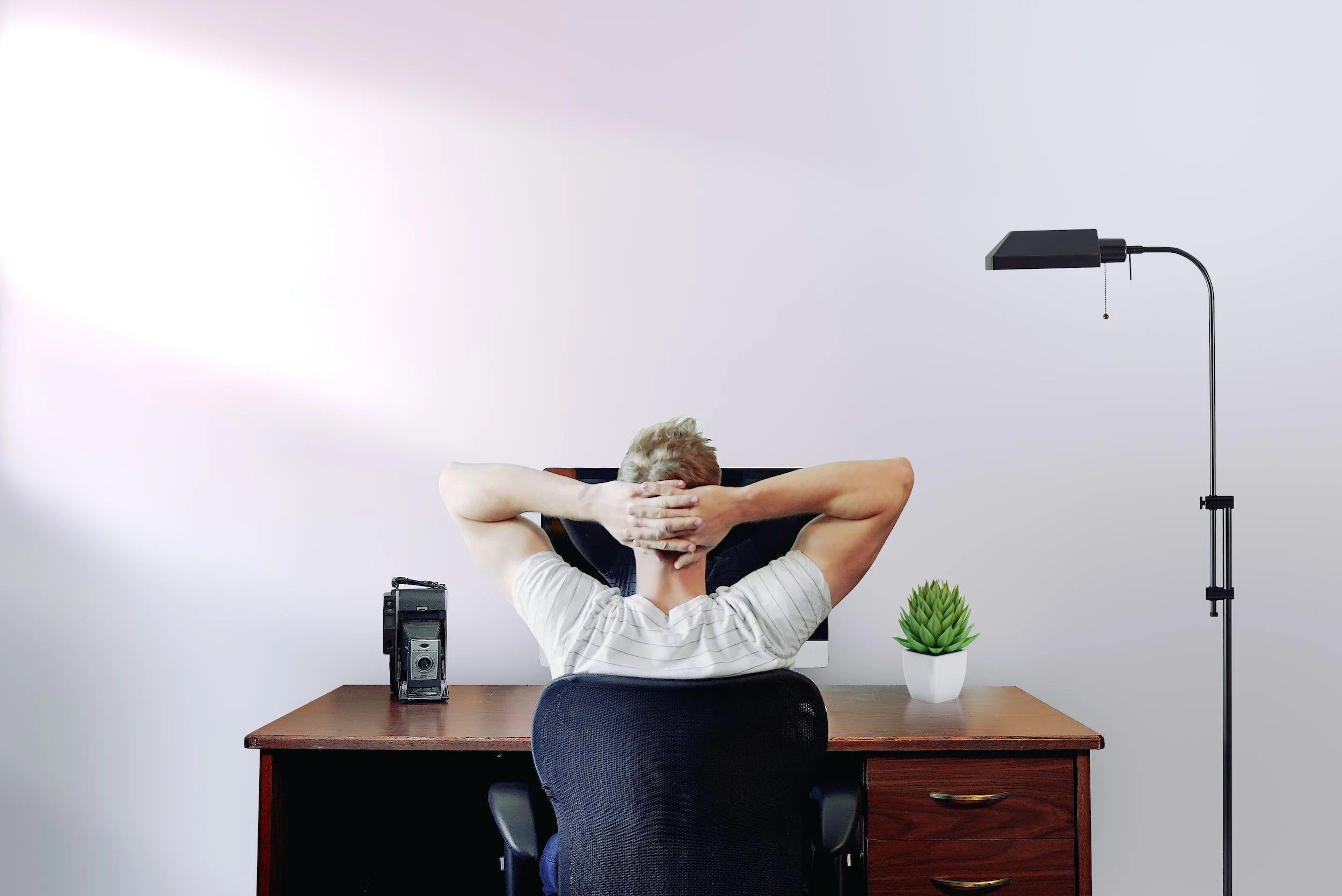How Firms Can Break Down Flexible Working Stereotypes
The transition to hybrid and remote work has called for an evolution of workplace culture. I interviewed two JLL leaders to write this piece on the persisting stereotypes around working from home and how businesses may be tackling them.
Hybrid working may now be taking off around the world but not all senior leaders and managers are comfortable with breaking from the decades-old norm of spending five days a week in the office.
Even in progressive companies, long-held negative stereotypes can persist.
“There are still harmful stereotypes that people working remotely are less productive or that flexible work means a loss of collaboration because people aren’t in the same space,” says Blessing Buraimoh, Head of Diversity & Inclusion, EMEA Workforce Advisory at JLL.
The pandemic revealed both the benefits and the pitfalls of remote work. “One of the key things we learned is that many jobs can be done more flexibly, and that this flexibility benefits employees’ work-life balance,” says Buraimoh. Yet the rapid shift to remote work meant that many employees experienced stress and burnout as they grappled with new work-life boundaries, impacting their productivity and their motivation. Read the full article at JLL
